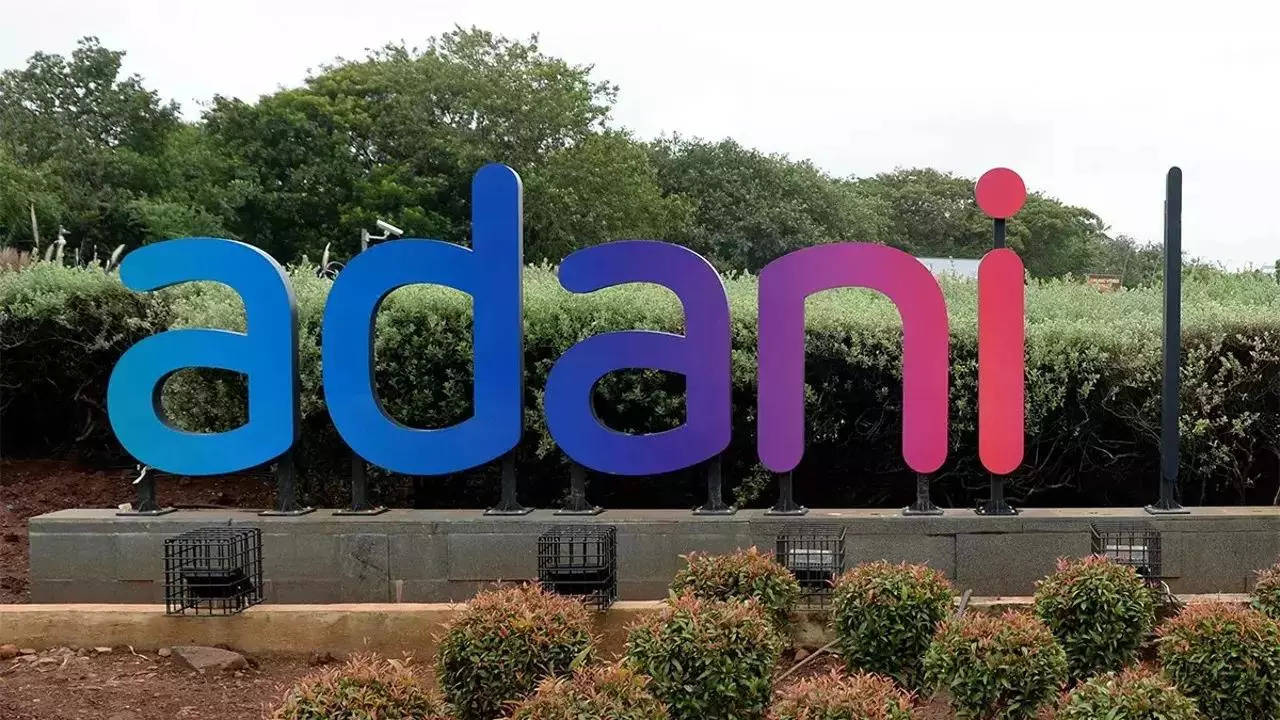Why Indian market is stable despite Adani mcap rout – Times of India

MUMBAI: Had you gone for a two-week trek deep into the Himalayas on January 24, you would presumably have lost access to the internet. And once you were back, you would most probably not have observed any change in your stock or mutual fund portfolio’s valuation.
On January 24, Adani Group was India’s second-largest conglomerate by market capitalisation (about Rs 19 lakh crore) behind the Tatas when US short-seller Hindenburg Research published the damning report. Since then, Adani Group has lost more than half its value – its market cap is currently at Rs 8.7 lakh crore and ranks fourth. Over Rs 10.5 lakh crore or over $125 billion has been wiped out in Adani Group stocks in 15 trading sessions.
However, the sensex, which ended at 61,275 points on Wednesday, is 296 points higher than its January 24 close. Earlier, such a massive market capitalisation erosion in a major business house would perhaps have been enough for investors to lose confidence and hit the sell button on equities even remotely connected to the pain point, say analysts.
Not this time as investors in Indian equities have not given into panic thus avoiding a wider selloff and impacting the broader market sentiment. Stocks of other major companies are stable despite one of the biggest selloffs in an Indian conglomerate’s companies in absolute terms. According to market players, the lack of a wider impact indicates growing market maturity.
Market players say that favourable macroeconomic conditions are playing a big role in avoiding a market contagion. The country’s economic engine has been chugging along steadily since Covid curbs were eased despite several global headwinds. “The macroeconomic dynamics are completely different from what they were about 10 years ago. Earlier, if some negative news came about a particular stock or group, that used to impact overall market sentiment in the absence of underlying strength in the economy,” said Kranthi Bathini, director (equity strategy) at WealthMills Securities.
Analysts noted that there was widespread panic for a couple of days after the report was released, however, as information on the exposure of lenders to Adani Group emerged, investors didn’t see any immediate threat.
Increased transparency from corporates in the form of disclosures to exchanges also helps calm jittery nerves. “Accessibility to information has improved due to digital channels. The new breed of retail investors is relatively well-informed. Retail investors may not understand market cycles, but they can analyse the market situation better,” Bathini said.
On January 24, Adani Group was India’s second-largest conglomerate by market capitalisation (about Rs 19 lakh crore) behind the Tatas when US short-seller Hindenburg Research published the damning report. Since then, Adani Group has lost more than half its value – its market cap is currently at Rs 8.7 lakh crore and ranks fourth. Over Rs 10.5 lakh crore or over $125 billion has been wiped out in Adani Group stocks in 15 trading sessions.
However, the sensex, which ended at 61,275 points on Wednesday, is 296 points higher than its January 24 close. Earlier, such a massive market capitalisation erosion in a major business house would perhaps have been enough for investors to lose confidence and hit the sell button on equities even remotely connected to the pain point, say analysts.
Not this time as investors in Indian equities have not given into panic thus avoiding a wider selloff and impacting the broader market sentiment. Stocks of other major companies are stable despite one of the biggest selloffs in an Indian conglomerate’s companies in absolute terms. According to market players, the lack of a wider impact indicates growing market maturity.
Market players say that favourable macroeconomic conditions are playing a big role in avoiding a market contagion. The country’s economic engine has been chugging along steadily since Covid curbs were eased despite several global headwinds. “The macroeconomic dynamics are completely different from what they were about 10 years ago. Earlier, if some negative news came about a particular stock or group, that used to impact overall market sentiment in the absence of underlying strength in the economy,” said Kranthi Bathini, director (equity strategy) at WealthMills Securities.
Analysts noted that there was widespread panic for a couple of days after the report was released, however, as information on the exposure of lenders to Adani Group emerged, investors didn’t see any immediate threat.
Increased transparency from corporates in the form of disclosures to exchanges also helps calm jittery nerves. “Accessibility to information has improved due to digital channels. The new breed of retail investors is relatively well-informed. Retail investors may not understand market cycles, but they can analyse the market situation better,” Bathini said.







